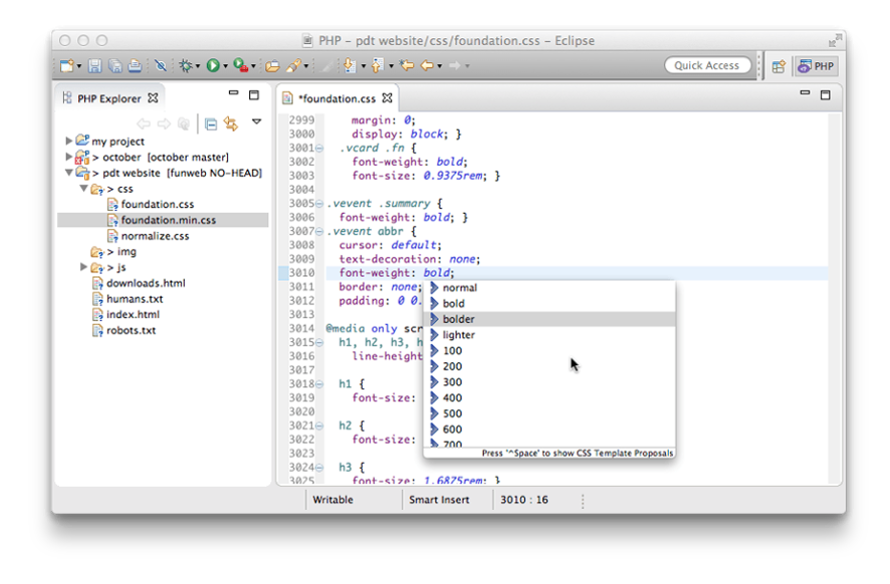
Eclipse For Windows 7 32 Bit
Download Eclipse 4.2.2 (32 bit) for Windows. Develop your website or software with Eclipse Classic.
It's almost unbelievable to me that I can't find this (especially anywhere on the eclipse site), but how do install Eclipse? I'm using Windows 7. I have downloaded eclipse which was a big zip file. After unzipping it, there is no install file, just apparently an exe to actually run eclipse (that was the first surprise). Running that, it complains that there's no JRE (I thought it would have come with it). So I went and downloaded a JDK.
It still couldn't find what it needed so I had to manually modify the Path environment variable to point to jre/bin. Now it can't find jvm.dll. I'm sure I could hack around and make this work, but everything I'm doing seems so wrong, and I want to do this the clean & correct way. John denver rocky mountain high song words. I swear I installed Eclipse before and definitely didn't need to modify any environment variables. Are there instructions somewhere that I'm just missing? Check step 7 in the below url about using eclipse in Winodws environment Once you have downloaded the Eclipse archive you will need to decompress the zip file, which will create the unzipped Eclipse folder. You may want to extract the archive to the root of C: drive, thus creating the folder “C: eclipse”, or just moved the extracted eclipse folder to the root of C: drive if you extracted it already.
Since Eclipse does not have any installer, there will be a file inside the Eclipse folder named eclipse.exe. You can double click on the file to run Eclipse. I too havent come across any eclipse installer or setup file for windows. So looks this is the most common way to start use eclipse in windows.

Eclipse includes tools made to give developers the freedom of choice in a multi-language, multi-platform, and multi-vendor environment. Eclipse provides a plug-in based framework that makes it easier to create, integrate, and utilize software tools, saving time and money. By collaborating and exploiting core integration technology, tool producers can leverage platform reuse and concentrate on core competencies to create new development technology. The Eclipse Platform is written in the Java language and comes with extensive plug-in construction toolkits and examples.
These projects can be conceptually organized into seven different 'pillars' or categories: • Enterprise Development • Embedded and Device Development • Rich Client Platform • Rich Internet Applications • Application Frameworks • Application Lifecycle Management (ALM) • Service Oriented Architecture (SOA) Note: Requires. Also Available.